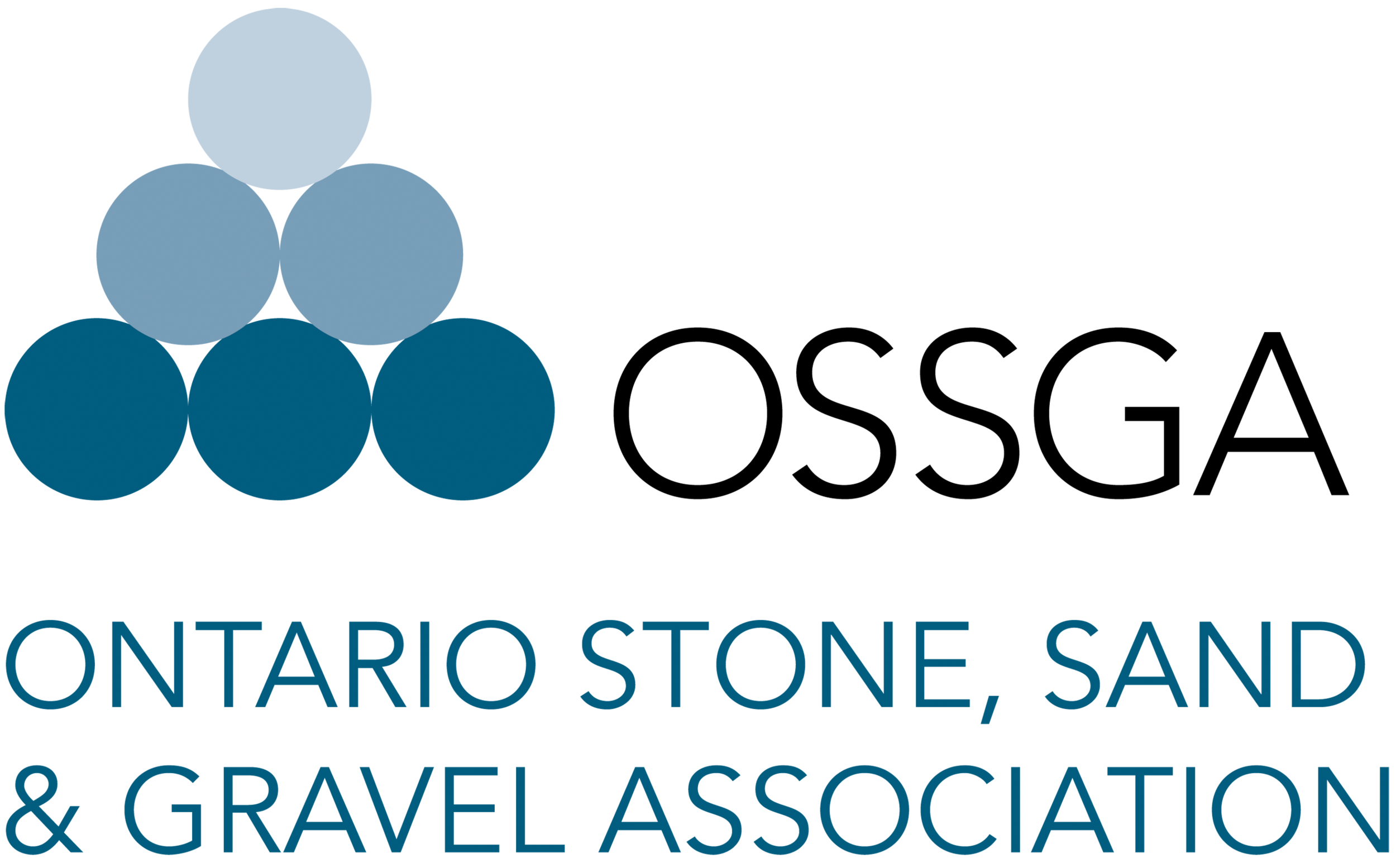Safety First
Tanika Greig leads safety and innovation as the Health, Safety and Environment Manager at Green Infrastructure Partners.
Tell us a bit about your job and your responsibilities.
As a Health, Safety and Environment Manager (HSE) at Green Infrastructure Partners (GIP), I help prevent workplace injuries and illnesses at our 19 pits and quarries in Ontario. My role involves providing HSE advice, developing safety plans, enforcing procedures, conducting inspections, running drills, responding to emergencies, and mentoring HSE coordinators. I also ensure compliance with regulatory standards.
Describe a typical day on the job and how the work you do contributes to the company.
I spend most of my day in the field, inspecting sites, identifying hazards, solving HSE issues, supporting staff, and training safety professionals. My work ensures everyone goes home safely, contributing significantly to GIP’s safety goals. The more incidents we can help prevent, the better.
What do you find most challenging in your work?
There are different challenges arising each day. Trying to stay ahead of the game and prevent future problems that may arise is probably the biggest challenge.
What do you enjoy most?
There are a lot of things I enjoy about working in this industry. I enjoy coaching and supporting field staff, helping them voice concerns, and mentoring new safety professionals. Seeing them grow and succeed is very rewarding. The changing view of safety at GIP, where it’s now embraced rather than hidden, is also gratifying.
How did you become interested in this work?
Being in quarries, pits and asphalt plants makes my heart sing. I really enjoy the equipment ballet as some may call it, when crushing, laying asphalt, paving in echelon or plowing in echelon, all the moving parts that have to come together safely to get the work completed. It is truly beautiful to watch.
I grew up in construction—my dad owns a construction company—and working in construction feels like home to me.
A lot of my family works in construction and in the trades, and I have seen how a workplace injury affects the injured worker, their family at home and the crew at work. I wanted to be a part of preventing more people from being injured. Over 50% of men work in construction in their lifetimes, and I have two younger boys at home. It is likely that one, if not both, will work in construction and I hope construction becomes a safer place for them to work and that someone is looking out for them by the time they reach the age to work in construction.
Education and Advancement
Is your current position the same as when you started in the company?
I started as a HSE officer and advanced to HSE manager by learning from mentors, attending training, and working closely with operations to implement safety measures.
Detail your past and ongoing education and how it is relevant to your job.
I started my construction career about 10 years ago with another big aggregate company for many years, before working at a smaller company that builds parks, playgrounds and sound barrier walls, before joining GIP HSE team. I worked my way up from being a COR and driver record of training administrator, to a health and safety Manager.
I do have a degree, but it is not in health and safety, it is in Animal Biology, Microbiology and Zoology. For Health and Safety, I have over 50 different courses completed, from working at heights, first aid, incident investigating, naloxone, surface minor, air monitoring, confined space, asbestos etc.
Education is very vital for this job; legislation is changing year to year and there is so many different topics to learn about in construction
If you could start over, would you change your career path?
No, I don’t think I would change my career path. All of my experiences have made me who I am today. I really enjoy my job—I find it rewarding and purposeful.
Industry and Advice
What advice would you give a high school student unsure of the opportunities in the aggregate industry?
I would give a school aged student is to work in the field—try out an entry role, a flagger, or administrator position to see if you like the industry. Look into trade schools, and different courses or degrees that can further your education. Find a mentor and someone you look up to and ask questions, ask how they got into the industry, how did they get to their position. Everyone’s path may be a little different, and that is okay.
What are some common jobs in the aggregate industry you don’t need a formal education to apply for?
Each company and site may require different minimum qualifications. Some jobs that you do not need a college or university degree may include, scale operator, truck driver, laborer, heavy equipment operator. This does not mean there isn’t training on site, or a certain license or equipment certificate isn’t required.
